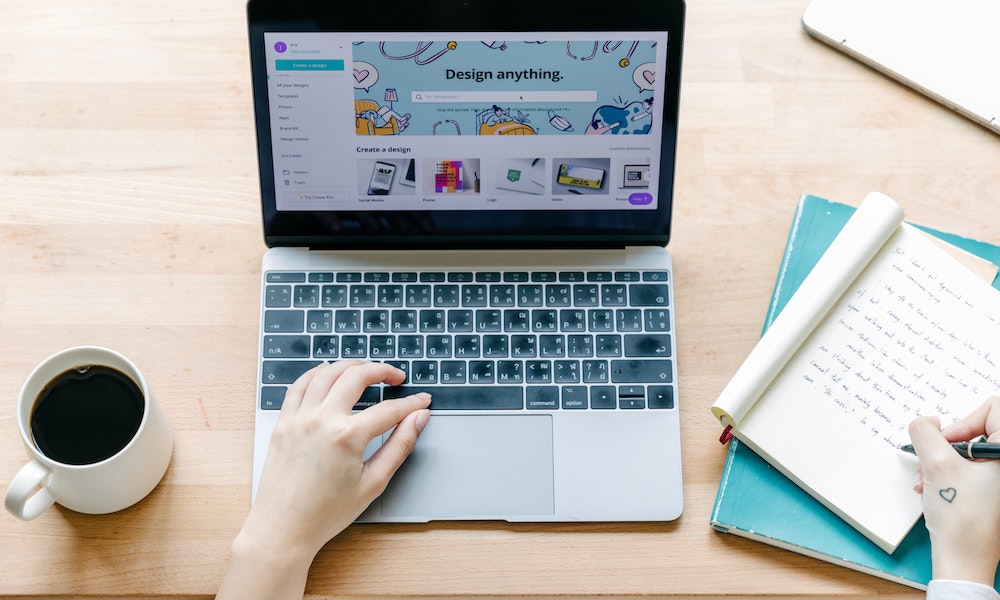Social media has revolutionized the way we communicate, connect, and share information. With the advent of platforms like Facebook, Twitter, Instagram, and LinkedIn, the world has become more interconnected than ever before. However, the impact of social media goes beyond socializing; it has also transformed the way we learn. In this article, we will explore the ten best ways in which social media is changing the landscape of education and empowering individuals to learn and grow.
Read More: The Power of Adaptive Learning: Personalized Education for All
Explore the Contents
- 1 1. Instant access to information
- 2 2. Collaboration and knowledge sharing
- 3 3. Engaging and interactive learning experiences
- 4 4. Global learning communities
- 5 5. Real-time updates and current trends
- 6 6. Enhanced communication and feedback
- 7 7. Microlearning and bite-sized content
- 8 8. Personal branding and online portfolios
- 9 9. Challenges and considerations
- 10 10. Conclusion
- 11 Frequently Asked Questions
1. Instant access to information
One of the most significant advantages of social media in the realm of learning is constant access to a vast array of information. Educational resources are now readily available at our fingertips. Whether you’re looking for tutorials, online courses, or research materials, social media platforms offer a wide range of content that caters to diverse learning needs. The convenience and ease of access have eliminated the barriers of time and location, enabling individuals to learn at their own pace and according to their own schedules.

2. Collaboration and knowledge sharing
Social media has created a global community of learners, enabling collaboration and knowledge sharing on an unprecedented scale. Platforms like LinkedIn and Twitter allow individuals to connect with experts, professionals, and thought leaders in their respective fields. Online communities and forums provide spaces for discussions, where learners can seek guidance, exchange ideas, and learn from one another. Peer-to-peer learning opportunities have become abundant, fostering a sense of collective intelligence and promoting a culture of continuous learning.
3. Engaging and interactive learning experiences
Gone are the days of passive learning. Social media has transformed the learning experience into an engaging and interactive journey. Multimedia content, such as videos, infographics, and podcasts, captivate learners and make complex concepts more accessible. Interactive tools and gamification techniques stimulate active participation, promoting better retention and understanding. Virtual reality (VR) takes learning to a whole new level, providing immersive experiences that simulate real-world scenarios and enhance practical skills.
4. Global learning communities
Social media has bridged the gap between learners from different parts of the world. Geographical barriers no longer restrict the exchange of knowledge and ideas. Through social media, individuals can connect with learners from diverse backgrounds, cultures, and perspectives. This cultural exchange not only broadens horizons but also fosters empathy and understanding. Language learning has also benefited from social media platforms, with language exchange groups and resources readily available to enhance linguistic skills.
5. Real-time updates and current trends
Learning is a continuous process, and social media ensures that individuals stay updated with the latest news and trends in their areas of interest. Platforms like Twitter are particularly effective in providing real-time updates on industry news, technological advancements, and emerging research. Following thought leaders and influencers in various fields allows learners to access valuable insights and gain a competitive edge. Social media enables individuals to adapt to rapidly changing landscapes and remain relevant in their respective industries.
6. Enhanced communication and feedback
Social media facilitates direct communication between learners and educators. Whether it’s contacting a professor, reaching out to a mentor, or participating in live Q&A sessions, platforms like Facebook and LinkedIn enable learners to connect with experts in their fields. Additionally, social media provides immediate feedback and support, helping learners address their queries and challenges promptly. This interactive feedback loop fosters continuous improvement and growth, ensuring that learners are on the right path to achieving their goals.

7. Microlearning and bite-sized content
In a fast-paced world, time is of the essence. Social media recognizes this need and has popularized microlearning – the delivery of short and focused learning modules. Microlearning offers bite-sized content that is easy to consume, making it ideal for busy individuals. Moreover, social media platforms are mobile-friendly, allowing learners to access educational content on the go. Learning becomes a seamless part of one’s daily routine, ensuring consistent progress and knowledge acquisition.
8. Personal branding and online portfolios
Social media platforms provide opportunities for individuals to showcase their skills, expertise, and accomplishments. Personal branding has become crucial in today’s competitive job market, and social media offers the perfect platform to build a professional network and establish a digital presence. By sharing educational content, participating in relevant discussions, and engaging with industry professionals, learners can create a personal brand that opens doors to career development opportunities.
9. Challenges and considerations
While social media has revolutionized learning, it also comes with its fair share of challenges. Information overload is a significant concern, with an abundance of content available online. Learners must develop critical thinking skills to evaluate the credibility and reliability of sources. Privacy and data security are additional concerns, as learners need to be mindful of sharing personal information and ensuring the security of their data. Furthermore, the digital divide and accessibility issues may limit the benefits of social media learning for certain demographics, requiring a concerted effort to bridge these gaps.
10. Conclusion
In conclusion, social media has transformed the way we learn, offering numerous benefits and opportunities for growth. From instant access to information and global learning communities to engaging learning experiences and personal branding, the impact of social media on education is undeniable. By embracing these changes and leveraging the power of social media, individuals can unlock their full learning potential. It is essential, however, to maintain a balanced approach, recognizing the challenges and considering privacy, credibility, and accessibility factors.
Read More: 7 Importance of Soft Skills in Modern Education

Frequently Asked Questions
Is social media a reliable source of educational content?
Social media can provide valuable educational content, but it is essential to evaluate the credibility of sources and cross-reference information with reliable platforms.
How can I make the most out of social media for learning?
Engage with experts, join relevant communities, and actively participate in discussions to maximize your learning experience on social media.
Are there any age restrictions for using social media for educational purposes?
The age restrictions for social media platforms vary, but there are platforms specifically designed for younger learners, ensuring a safe and age-appropriate experience.
Can social media replace traditional education?
Social media complements traditional education and provides additional learning opportunities, but it cannot completely replace the value of formal education.
What steps can I take to ensure my privacy and data security while using social media for learning?
Use strong passwords, adjust privacy settings, be cautious about the information you share, and stay updated on privacy policies and guidelines of social media platforms.



